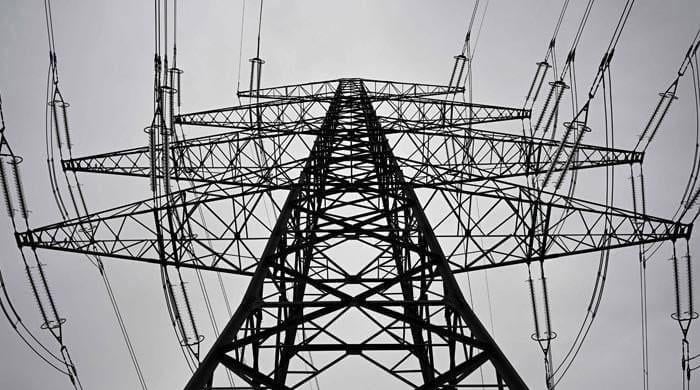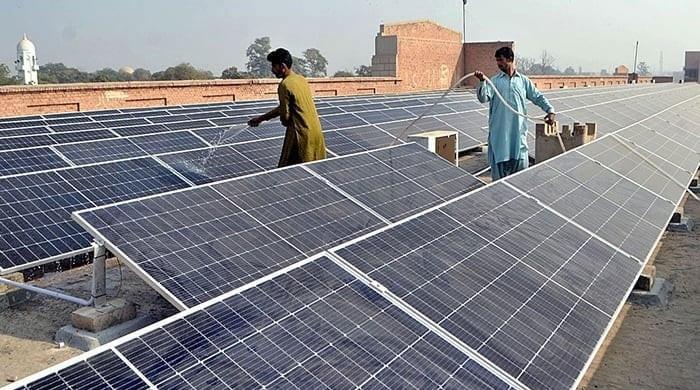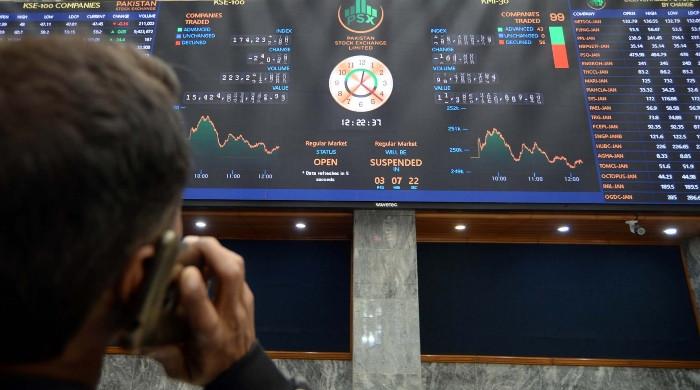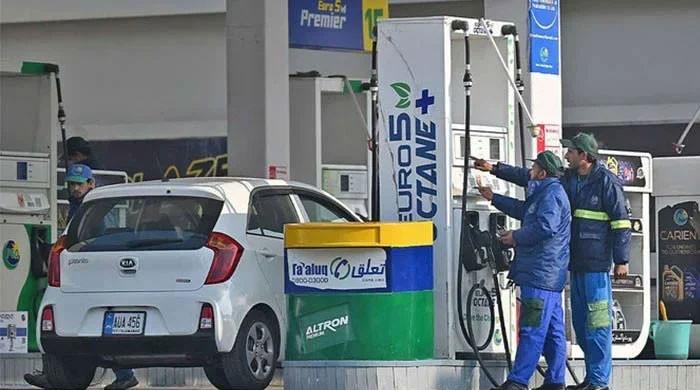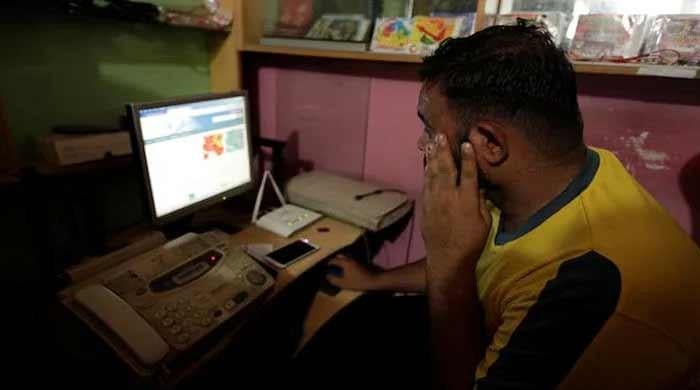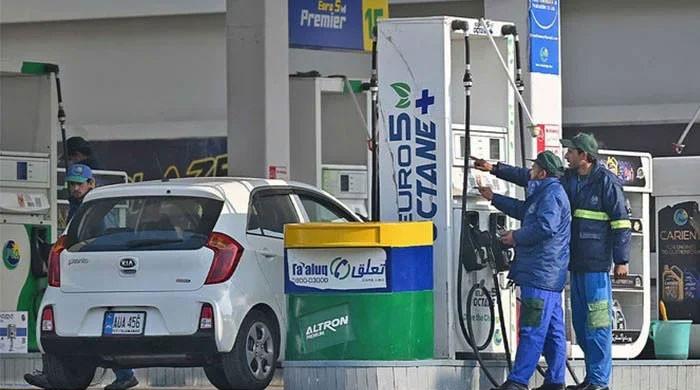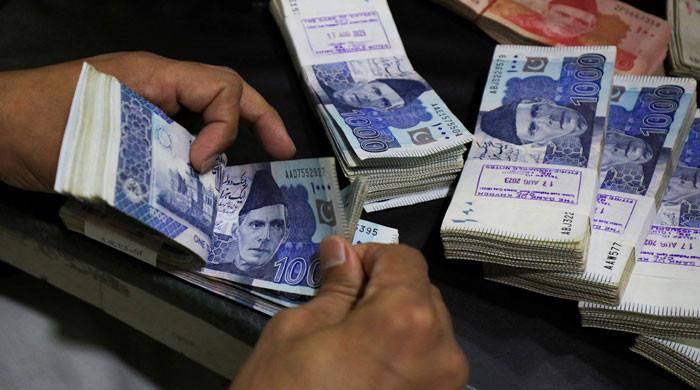Pakistan's forex reserves slump 12% in just weeks amid coronavirus outbreak
As on March 27, forex reserves totalled $11.2 billion, down from $12.8 billion as on March 6
April 06, 2020
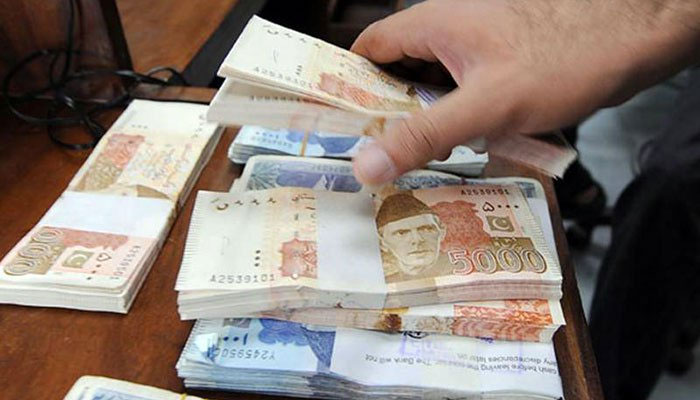
ISLAMABAD: Pakistan's foreign exchanges reserves plunged more than 12% or $1.6 billion over just three weeks in March as the coronavirus outbreak roiled global financial markets, the latest data from the central bank showed.
As on March 27, forex reserves totalled $11.2 billion, down from $12.8 billion as on March 6.
Pakistan last year had entered into a programme with the International Monetary Fund amid a yawning current account deficit and depleting reserves that have been shored up with temporary deposits from friendly countries like Saudi Arabia and China.
The situation improved until March aided by inflows into treasury bills that had attracted foreign carry trade money on the back of high interest rates and a fall in imports.
But with the first coronavirus case being reported in the country on Feb. 26, things have started to change.
"This is an alarming situation, because Pakistan came out of an external account crisis just last year through IMF funding," said Muhammad Sohail, CEO of Topline Securities, a Karachi-based advisory firm.
The fall in reserves is due to multiple factors, including panic selling of debt and equities, and reserves are expected to fall further in coming weeks, Sohail said.
Data as of Friday showed a net outflow of $1.9 billion of foreign investments from Pakistan in March from government treasury bills, equity and bonds, more than halving the total net inflow for the ongoing fiscal year which now stands at $1.15 billion.
The outflows have also hit the Pakistani rupee, which has dropped 8% in March to 166.5 per dollar as of Friday.
To mitigate the pressure, the government in late March asked fuel retailers and refiners to cancel imports from April and increase purchases from national refiners.
Refineries had said they were close to shutting down operations due to a drop in demand due to large scale movement restrictions across the country.
Experts, however, believe the decision was driven primarily to protect foreign currency reserves.
"Demand is collapsing for petroleum products because of the lockdowns and the situation we're in; but this policy is largely driven by the fact that there is pressure on the reserves and the currency," Sakib Sherani, the head of an Islamabad-based macroeconomic consultancy firm, told Reuters.
Shernai, who is also a former member of the Prime Minister's Economic Advisory Council, said that the fall in reserves was also due to a fall in export receipts.
"In March we've only seen the beginning of the dip in exports. The bulk of the coronavirus hit will come in April, May and June and we'll see a very substantial decline," he said.





